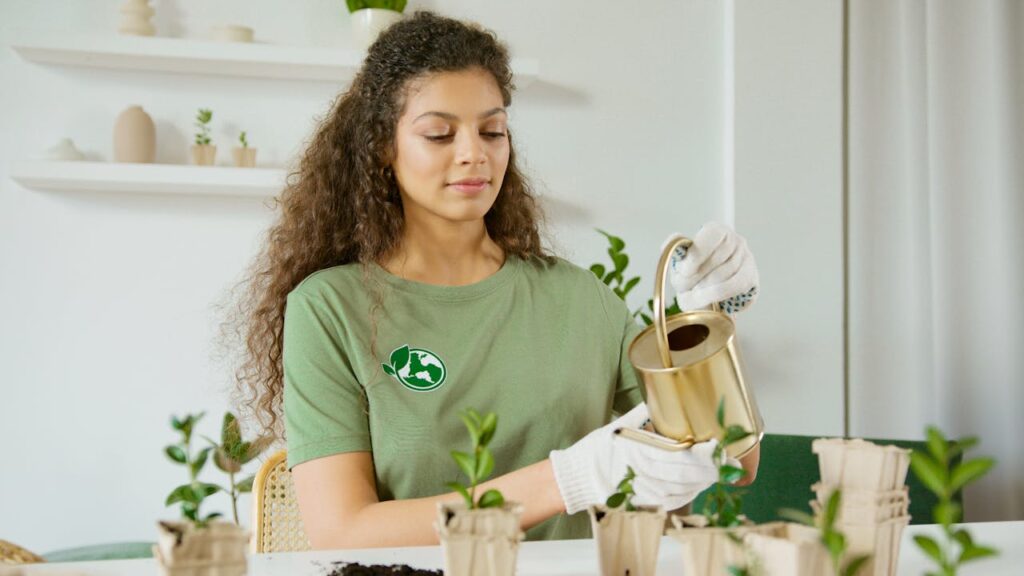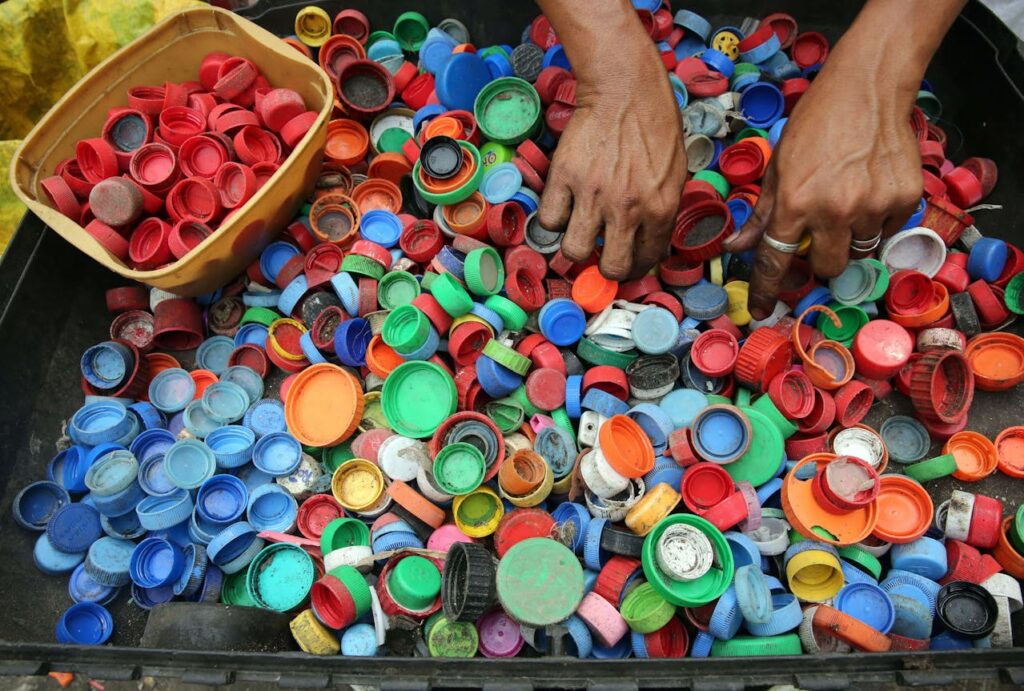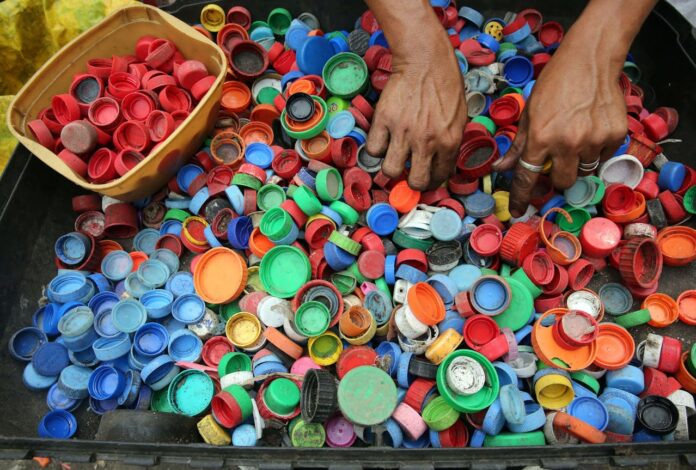Recycling is an essential part of reducing waste and protecting the environment. However, it can be overwhelming to know where to start or how to improve your recycling habits. In this article, we will provide you with 7 tips on recycling to help you make a positive impact on the planet.
Why Is Recycling Important?
Recycling is crucial for reducing the amount of waste that ends up in landfills and incinerators. It also helps conserve natural resources, reduce pollution, and save energy. By recycling, we can reduce the need for raw materials, which in turn reduces the amount of energy used in the production process.

Recycling Tips for Beginners
If you are new to recycling, here are some tips to help you get started:
- Start small: Don’t feel like you have to change all of your habits at once. Start by focusing on one item or material to recycle, such as plastic bottles or paper.
- Educate yourself: Learn about what can and cannot be recycled in your area. Different cities and towns have different recycling guidelines, so it’s essential to know what is accepted in your community.
- Use recycling bins: Place recycling bins in convenient locations around your home to make it easier to recycle. You can also use separate bins for different materials to make sorting easier.
- Rinse containers: Rinse out any food or liquid residue from containers before recycling them. This helps prevent contamination and ensures that the materials can be properly recycled.
- Don’t bag recyclables: Avoid putting recyclables in plastic bags, as they can get caught in the recycling machinery and cause issues. Instead, use reusable bags or bins to collect your recyclables.
- Recycle electronics: Many electronics can be recycled, including cell phones, computers, and batteries. Check with your local recycling center for specific guidelines on how to recycle these items.
- Spread the word: Encourage your friends and family to recycle by sharing your knowledge and tips. The more people who recycle, the bigger impact we can make on the environment.
Holiday Recycling Tips
The holiday season can be a time of excess waste, but there are ways to reduce your impact and recycle during this time. Here are some holiday recycling tips:
- Recycle wrapping paper: Most wrapping paper can be recycled, but be sure to remove any ribbons or bows first. You can also reuse wrapping paper for future gifts.
- Use reusable bags: Instead of using disposable gift bags, opt for reusable bags or wrap gifts in fabric or newspaper.
- Recycle Christmas trees: Many cities offer Christmas tree recycling programs. Check with your local waste management company for guidelines on how to recycle your tree.
- Donate unwanted items: Instead of throwing away unwanted gifts or items, consider donating them to a local charity or thrift store.
- Recycle holiday lights: Old or broken holiday lights can be recycled at certain recycling centers. Check with your local center for specific guidelines.
- Avoid disposable plates and utensils: If you are hosting a holiday gathering, opt for reusable plates, cups, and utensils instead of disposable ones.
- Recycle packaging materials: Cardboard boxes, bubble wrap, and packing peanuts can all be recycled. Check with your local recycling center for guidelines on how to recycle these materials.

Recycling Ideas for the Whole Family
Recycling can be a fun and educational activity for the whole family. Here are some recycling ideas to get your family involved:
- Create a recycling center: Set up a designated area in your home for recycling bins and teach your children how to sort and recycle different materials.
- Make crafts from recyclables: Get creative and turn old materials into new and useful items. For example, you can turn old t-shirts into reusable bags or use old jars as storage containers.
- Start a compost bin: Composting is a great way to reduce food waste and create nutrient-rich soil for your garden. Get your kids involved in collecting food scraps and adding them to the compost bin.
- Go on a recycling scavenger hunt: Make a list of recyclable items and have your kids search for them around the house or in your neighborhood.
- Visit a recycling center: Take a trip to your local recycling center and show your kids how the recycling process works.
- Plant a garden: Use compost from your compost bin to start a garden with your family. This is a great way to teach kids about the importance of recycling and how it can benefit the environment.
- Participate in community cleanups: Join a local cleanup event and pick up litter in your community. This is a great way to teach your kids about the importance of keeping our environment clean and the impact of litter on wildlife.
Recycling Tips for Businesses
Businesses also have a responsibility to recycle and reduce waste. Here are some tips for implementing recycling practices in the workplace:
- Provide recycling bins: Place recycling bins in convenient locations around the office, such as near printers and in break rooms.
- Educate employees: Make sure all employees are aware of the recycling guidelines and what materials can be recycled in your office.
- Use recycled materials: When purchasing office supplies, opt for products made from recycled materials.
- Go paperless: Encourage employees to use digital documents instead of printing everything. This not only reduces paper waste but also saves money on printing costs.
- Recycle electronics: Many businesses have old electronics that can be recycled. Make sure to properly dispose of these items to prevent them from ending up in landfills.
- Partner with a recycling company: Consider partnering with a recycling company to handle your business’s recycling needs. They can provide you with the necessary bins and pick up the materials for recycling.
- Reward employees: Consider implementing a recycling program in the office and reward employees who consistently recycle and reduce waste.
Recycling Innovations
Technology is constantly evolving, and there are many innovative ways to recycle and reduce waste. Here are some examples of recycling innovations:
- Ocean plastic recycling: Companies are now using technology to collect and recycle plastic waste from the ocean, turning it into new products.
- 3D printing with recycled materials: 3D printing technology is now being used to create new products using recycled materials, reducing the need for raw materials.
- Clothing recycling: Some companies are using technology to recycle old clothing and turn it into new garments.
- Food waste recycling: Technology is being used to turn food waste into compost or energy, reducing the amount of food waste that ends up in landfills.
- Plastic bottle recycling: Some companies are using technology to turn plastic bottles into new materials, such as clothing or building materials.
- E-waste recycling: With the increasing amount of electronic waste, companies are using technology to recycle old electronics and turn them into new products.
- Biodegradable packaging: Companies are now using biodegradable materials for packaging, reducing the amount of waste that ends up in landfills.
Conclusion
Recycling is an essential part of protecting the environment and reducing waste. By following these tips and implementing recycling practices in your home, business, and community, you can make a positive impact on the planet. Remember, every small action counts, and together we can make a big difference.











